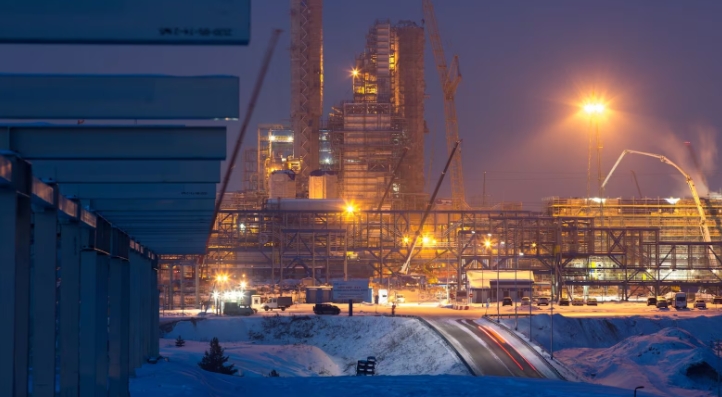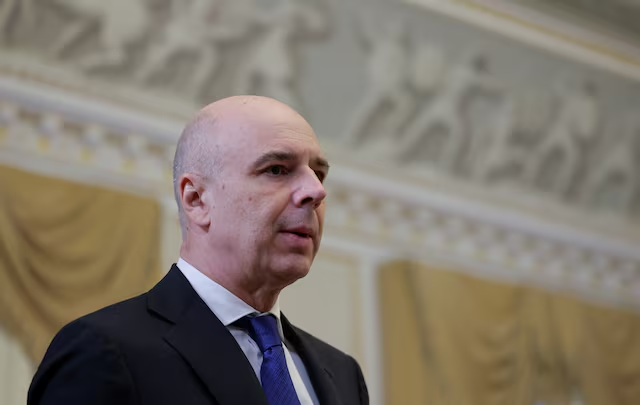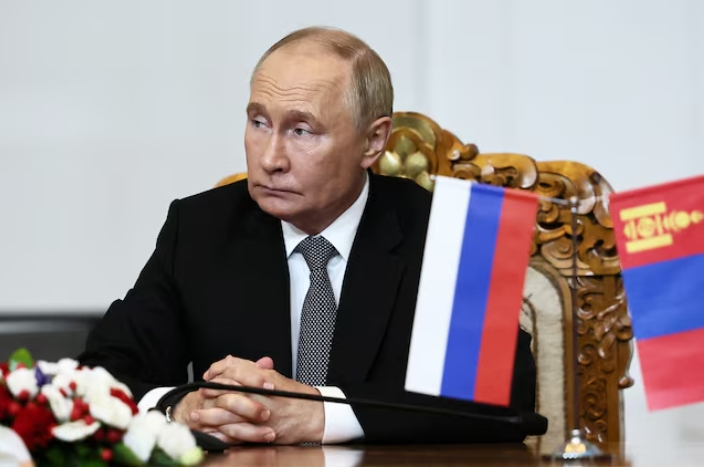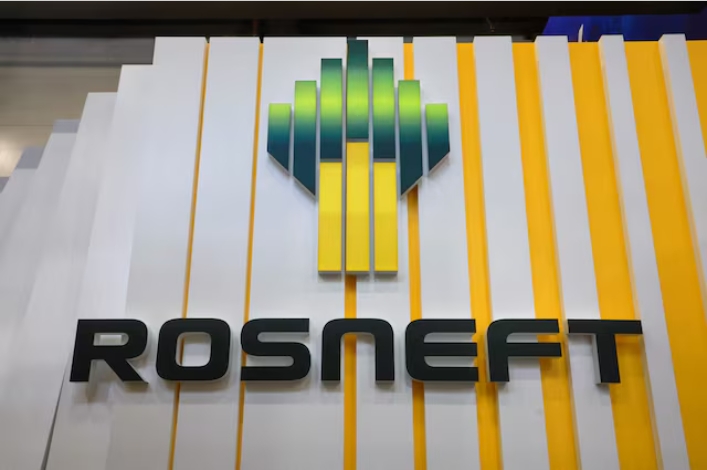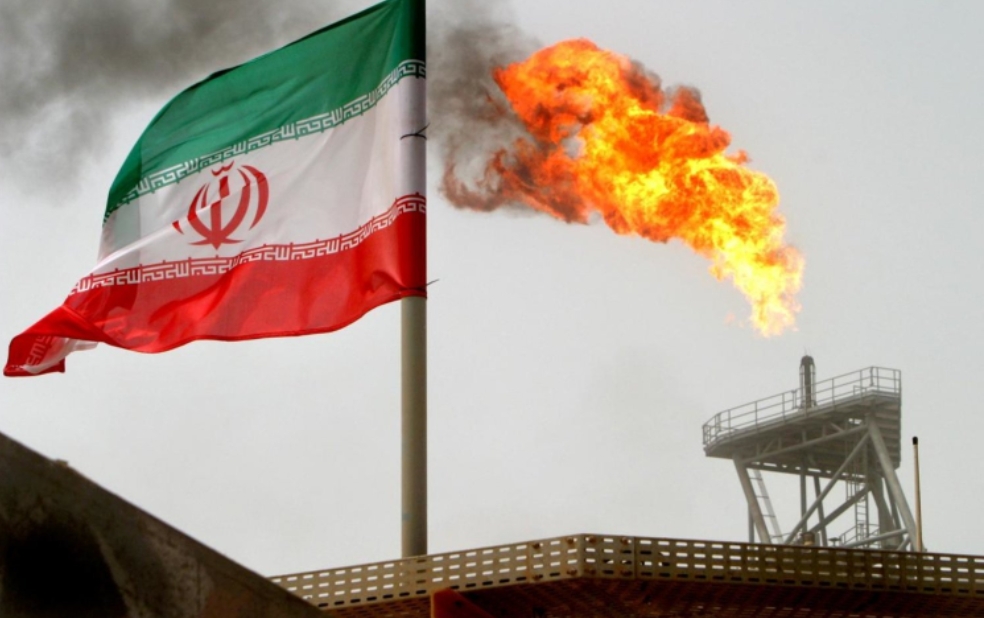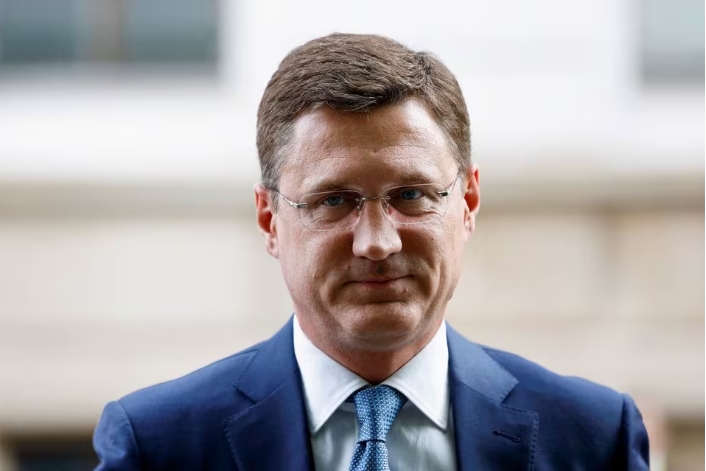
During a visit to Iran, the Kremlin point man for Russia's energy sector said: "The situation on the domestic petroleum products market is stable. This measure is preventive, that is, today we do not have a shortage. We look forward and ensure the balance of supply and demand for the future."
"This is a completely normal situation. When the market is saturated and there is a surplus, measures will naturally be taken to lift the export ban."
Russia on Tuesday ordered a six-month ban on gasoline exports from March 1 to keep prices stable amid rising demand from consumers and farmers and to allow for maintenance of refineries in the world's second largest oil exporter.
The ban has resulted in a 5.7% decline in gasoline wholesale prices in Russia's domestic market in the two days to Wednesday, two traders said and Reuters calculations showed.
Diesel prices, however, also fell 3.7% in the two days.
Gasoline prices have increased by 22.4% and diesel has risen by 14.9% from the beginning of the year, according to Reuters calculations based on the St. Petersburg exchange (SPIMEX) data.
Domestic fuel prices are sensitive for motorists and farmers in the world's biggest wheat exporter ahead of a March 15-17 presidential election, while some Russian refineries have been hit by Ukrainian drone attacks in recent months.
Novak also said that current Russian oil production was around 9.5 million barrels per day, and the country's oil and gas condensate production was expected between 520 million-530 million tons in 2024.
He said it was too early to talk about possible extension of voluntary oil supply cuts made by OPEC+ countries to Q2 or until the end of 2024.
Reuters reported on Tuesday that the Organization of the Petroleum Exporting Countries and allies was considering extending voluntary cuts totalling about 2.2 million barrels per day (bpd) agreed for the first quarter this year.
During Novak's visit to Tehran, Iranian Oil Minister Javad Owji said Russian companies are ready to participate in petrochemical production projects in Iran.
The two major oil producing countries have drawn closer since Russia ordered tens of thousands of troops into Ukraine in February 2022.
